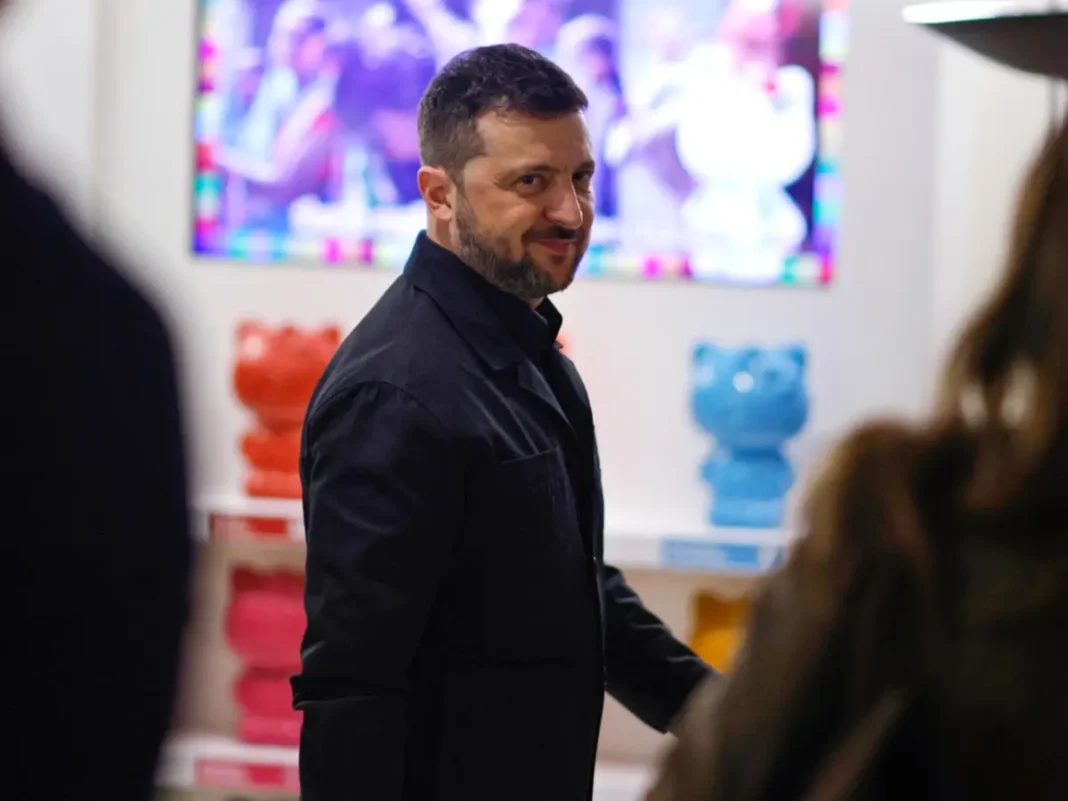Zelensky Denies Using US Long-Range Weapons Against Russia
Ukrainian President Volodymyr Zelensky has clarified that Kyiv has not deployed American long-range weapons against Russian territory. He revealed Ukraine’s domestically produced capabilities can reach targets up to 3,000 km away.
Key Developments
- Zelensky denies using US long-range weapons on Russian soil
- Ukraine’s domestic weapons have 3,000 km range capability
- Russia rejects Trump’s ceasefire demand, maintains peace stance
- Western leaders back US peace proposal despite Russian rejection
Zelensky’s Brussels Statements
During a Brussels press conference where EU leaders discussed support plans, Zelensky emphasized Ukraine’s need for financial assistance.
“I hope that they will make a political decision, positive decision in one or another way to help Ukraine with funds,” Zelensky told a press conference in Brussels, where EU leaders discussed the plans.
“Russia brought war to our land, and they have to pay for this war,” he said.
Russian Response and Sanctions
Meanwhile, Russian President Vladimir Putin addressed the Russian Geographical Society, dismissing the impact of new US sanctions on Russia’s economy.
Putin criticized the sanctions, stating no “self-respecting” country acts under pressure.
Ceasefire Rejection and Peace Talks
The developments follow Russia’s rejection of former US President Donald Trump’s demand for an immediate ceasefire. The Kremlin maintains its peace position remains unchanged despite Trump’s claims that Putin wants a peace deal.
Foreign Minister Sergei Lavrov said Trump’s demand for “an immediate ceasefire, which has suddenly become a topic of discussion again,” was contrary to what was agreed at the Trump-Putin summit in Alaska in August.
“You see, if we just stop, it means forgetting the root causes of this conflict, which the American administration clearly understood,” Lavrov said, the New York Times reported.
“I am referring to ensuring Ukraine’s nonaligned, nonnuclear status, which implies refraining from any attempts to draw it into NATO,” he added.
Despite Russian opposition, a joint statement from Britain, France, Germany, Italy, Poland, and top EU officials backed the American president’s peace proposal.





